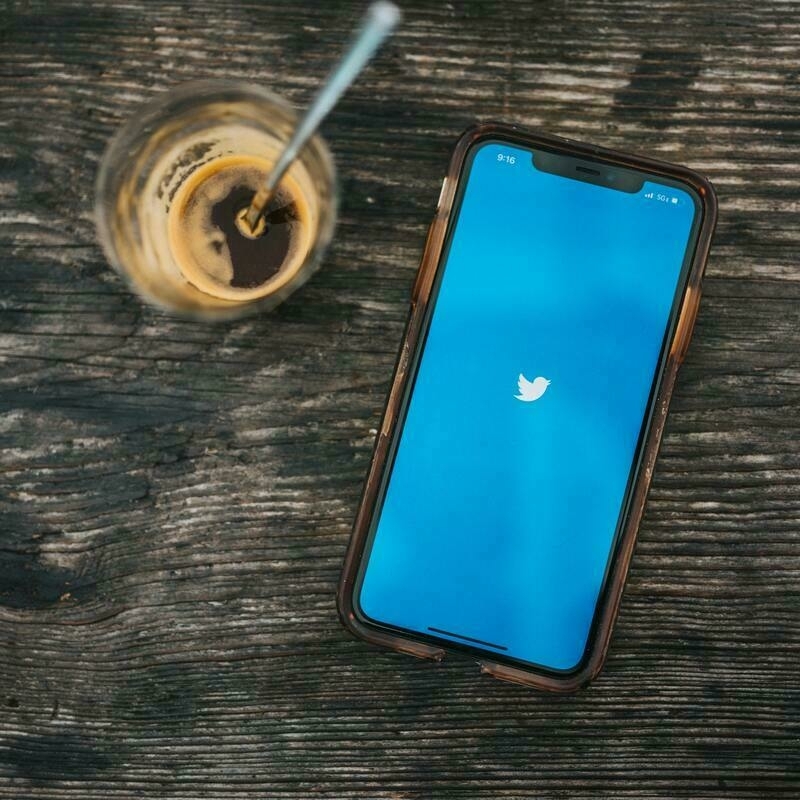It's time to move on from Twitter
It’s almost a year now that I finally deactivated my Twitter account with no intention of going back to it. Like Ben Werdmuller in this article, I had a yearly ‘detox’ from the service. Coming back from it became harder and harder.
Twitter from 2007 to about 2011 (coincidentally the birth years of my children!) was amazing. It was definitely helpful in terms of my career, and I’m still in touch with people who I got to know via Twitter from that period.
But I don’t need it any more. I use various Fediverse accounts and LinkedIn to keep in touch with people personally and professionally. I also don’t share as much of my life as I used to online, partly because the world has changed and partly because therapy showed me it was all part of the mask I’m wearing.
So yes, let’s pour one out for Twitter, which if Musk’s acquisition goes ahead, is going to be a empty husk of what it was formerly. Life moves on.
For a few years, it was tradition that I’d go offline for the year at around Thanksgiving, to give myself some time to recover from the cognitive load of all those notifications. I don’t think the constant dopamine rush is in any way good for you, but the site’s function as a de facto town square has also helped me learn and grow. It’s a health hazard and an information firehose; a community and an attack vector for democracy. More than even Facebook, I think it’s defined the internet’s role in democratic society during the 21st century.Source: The end of Twitter | werd.io[…]
As big tech silos diminish in stature, the all-in-one town squares we’ve enjoyed on the internet are going to start to fade from view. In some ways, it’s akin to the decline of the broadcast television networks: whereas there used to be a handful of channels that entire nations tuned into together, we now enjoy content that’s fragmented over hundreds. The same will be true of our community hangouts and conversations. In the same way that broadcast television didn’t really capture the needs of the breadth of its audience but instead enjoyed its popularity because that’s what was there at the time, we’ll find that fragmented communities better fit the needs of the breadth of diverse society. It’s a natural evolution.
It’s also one that demands better community platforms. We’re still torn between 1994-era websites, 1996-era Internet forums, and 2002-era social networks, with some video sharing platforms in-between. We could use more innovation in this space: better spaces for different kinds of conversations (and particularly asynchronous ones), better applications of distributed identities, better ways to follow conversations across all the places we’re having them. This is a time for new ideas and experimentation.
Image: Nathan Dumlao
